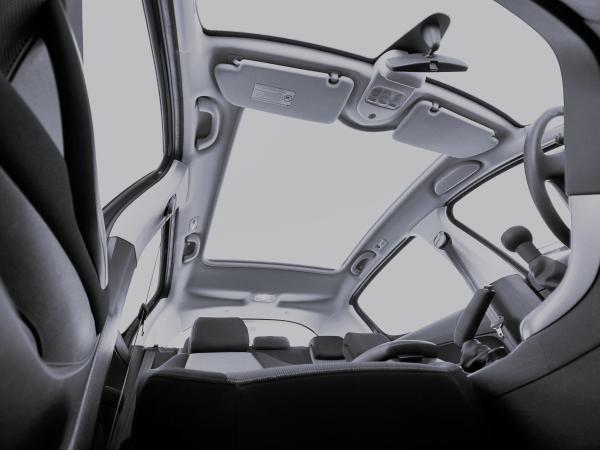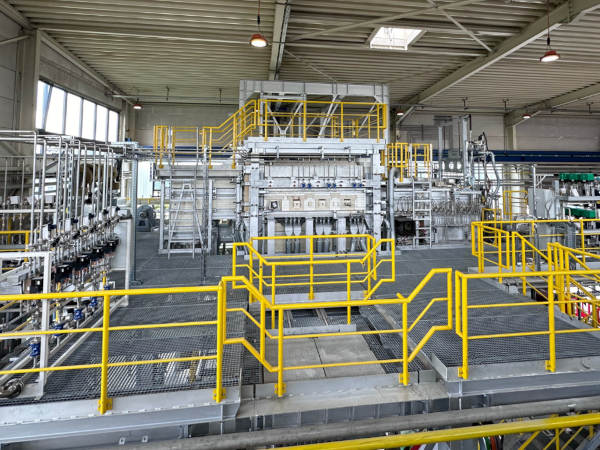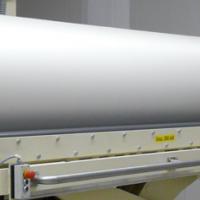
Date: 19 September 2023
Glass for Europe’s members are committed to increasing vehicles’ energy efficiency by providing glazing products that positively impact vehicle cabins’ air conditioning efficiency. Glass for Europe therefore responded to the consultation on the new eco-innovation implementing legislation by outlining the necessary steps to enable more CO2 emission saving from the use of advance automotive glazing.
Recognizing gains in air conditioning efficiency is a positive step of the new implementing legislation since Mobile air conditioning (MAC) technologies are now mundane and such a measure could incentivize cuts in CO2 emissions for most new vehicles. A necessary step remains to clarify that the impacts of third-party components, such as glazing, on MAC, can be considered when evaluating the effect of innovative technologies.
In addition, the definition of “innovative technology”, which put a cap of 3% inclusion in vehicles during year n-4 (n denotes the application year), sidelines CO2-reducing technologies that, while not yet mainstream, are not niche. This threshold should be less restrictive to incentivize all CO2-cutting technologies that have not yet become standard and thus permit advanced glazing solutions to access the eco-innovation scheme.
Finally, while electric vehicle (EV) innovation falls outside this act’s scope, the eco-innovation scheme should be made fit to incentivize energy-efficient technologies in EVs and diminish EVs’ electricity consumption.
For more information and data on the positive impact of advanced glazing systems on both internal combustion engine vehicles and EVs, check the Glass for Europe position paper.
 600450
600450


















Add new comment